HiveToday: Putin cut off gas to Poland and Bulgaria, Situation in Myanmar, Ukraine's defence, Inflation hit Google's earning
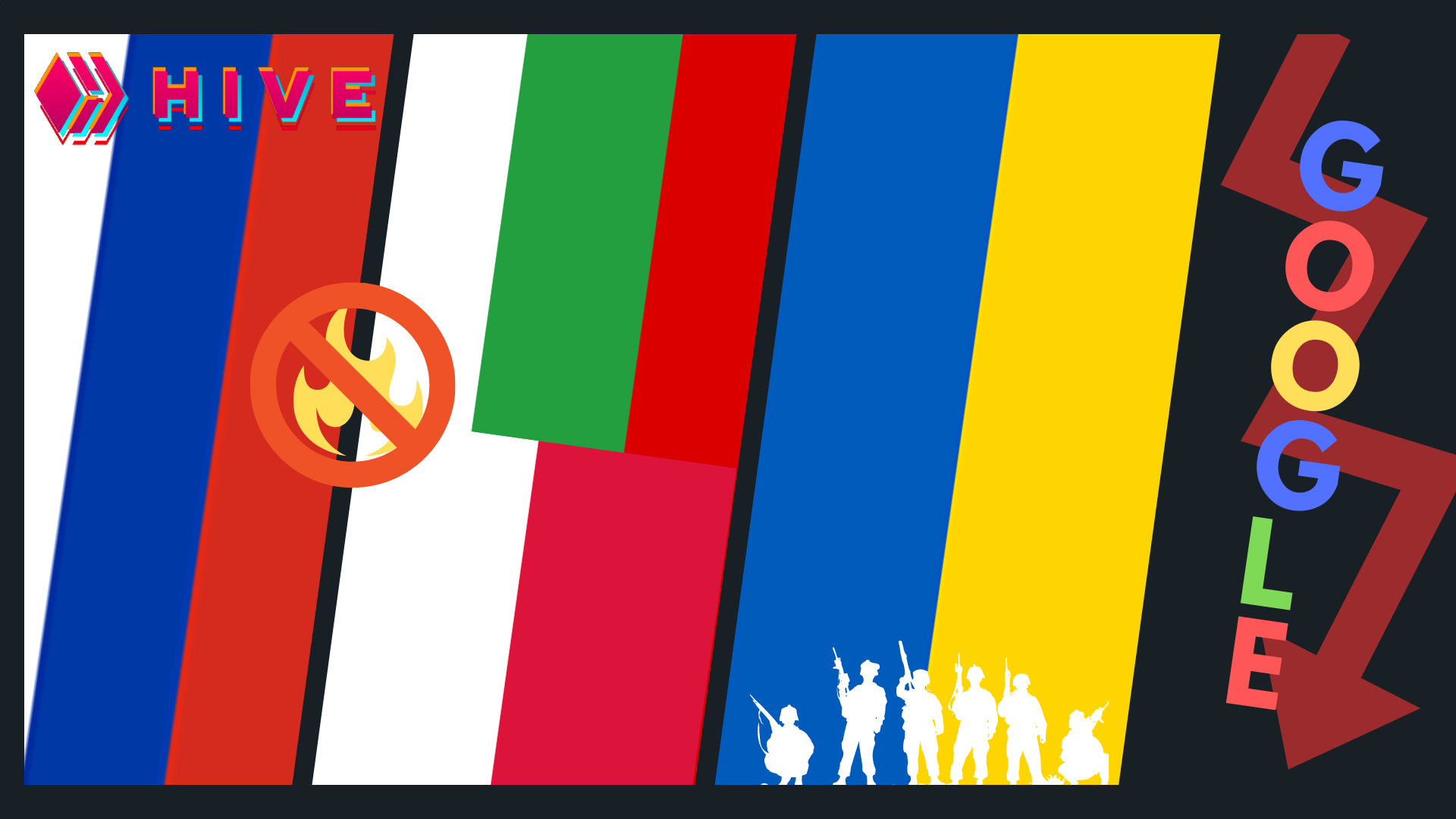
Representatives from over 40 countries attended talks at Germany's Ramstein Air Base on Bolstering Ukraine's defensive capabilities. The US defence secretary, Lloyd Austin, who hosted the meeting, said that the meeting "showed that nations from around the world stood united in their resolve to support Ukraine" and said that "the conference would turn into a monthly contact group" and they had some successes. The meeting was able to secure several pledges to provide further military aid to Ukraine. Most notably, a commitment from Germany to send tanks to the country represents a significant shift in policy.

Meanwhile, at the same time, the UN secretary-general met with Vladimir Putin in Moscow, where he pushed for evacuation corridors to be opened up within Ukraine. Although, the secretary-general has faced some criticism in Ukraine for his decision to visit Moscow before Kyiv.
Anyway, back to Moscow. Russia has officially halted supplying gas to Poland and Bulgaria in response to both countries' rejecting Russia's demands to pay their bills in rubles. Russian state gas giant Gazprom informed the two countries that their supply would be suspended starting from today, and that's significant because Gazprom supplies make up around 50 percent of Poland's consumption and 90 percent of Bulgaria's. This suspension of gas supplies is the first since Putin demanded that unfriendly foreign buyers pay for Russian gas using rubles instead of euros or dollars. Poland and Bulgaria, both EU and NATO members, accuse Gazprom of breaching their contracts, while the EU has accused Russia of blackmailing using gas. In response to the news, Poland's prime minister said that we will cope with this blackmail in such a way that the Poles don't feel it. While Bulgaria's energy minister stated that no restrictions on gas consumption must be implemented in the country at this time,
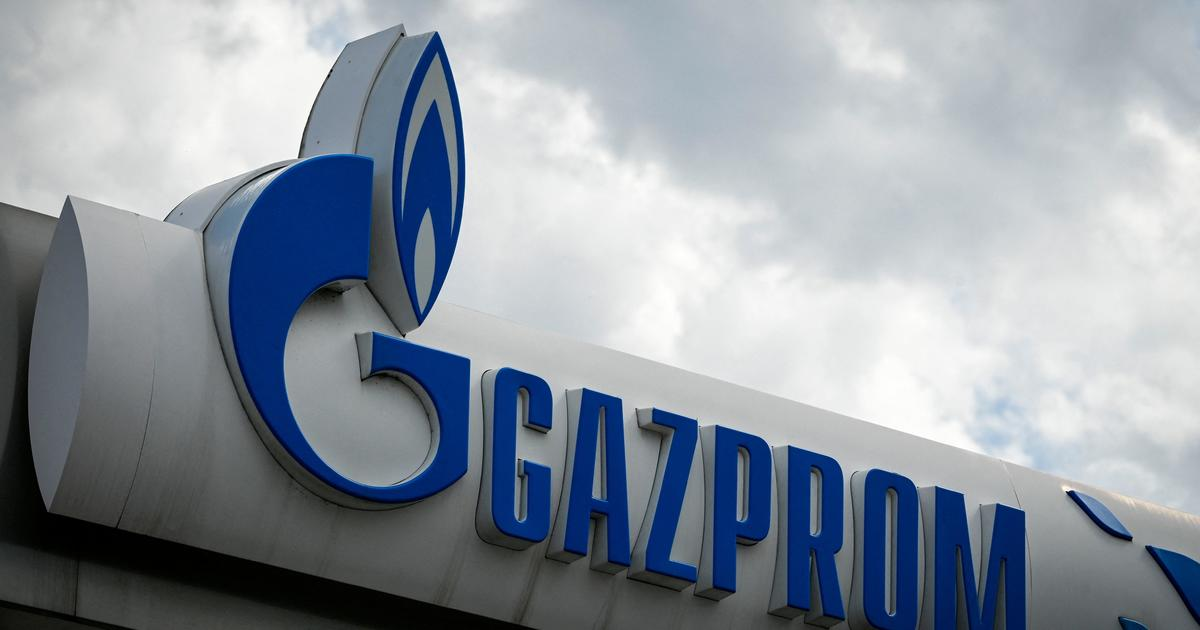
In February of last year, the governments of Myanmar were overthrown by the military. As a result of the coup, the elected state counsellor of Myanmar, equivalent to prime minister Aung San Suu Kyi, was arrested and thrown in prison. Things have certainly gone downhill in the country, with the military committing several crimes against humanity since her removal from power. According to Human Rights Watch, the military has used assassination, torture, and arbitrary detention against its citizens. Maybe it's not surprising that it's been reported today that the military has sentenced San Suu Kyi to five years in prison on corruption charges. This comes after the military accused her of several offences, ranging from breaking the official secrets act to election fraud. In any case, the military has claimed that she accepted 11.4 kilograms of gold bars and cash, which are worth around six hundred thousand dollars, from the chief minister of the capital city. Human Rights Watch, on the other hand, has called all of these claims and the sentencing "false."
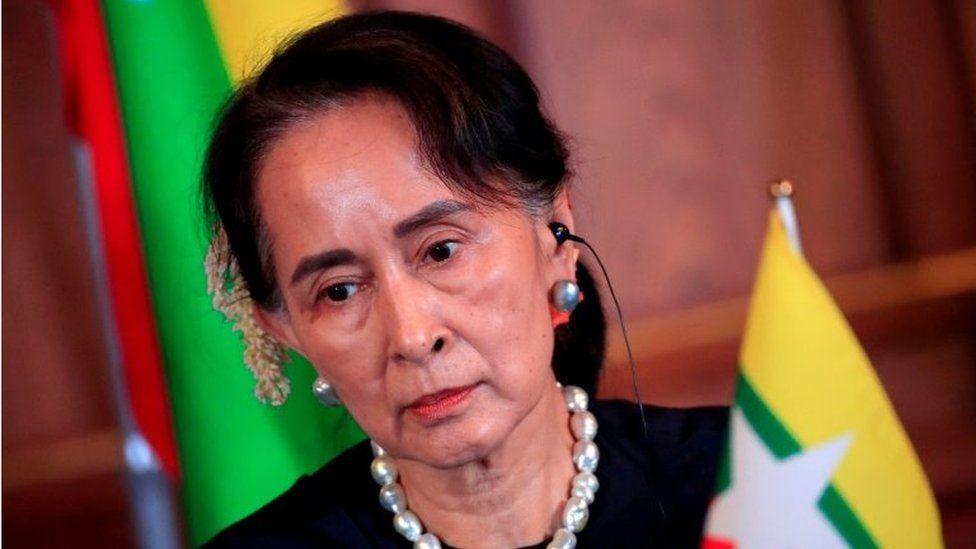
Let's move to the UK, where this week we're reaching the end of the parliamentary session. And that means that most bills are either going through their final stages before passage or being granted Passover motions to carry them over to next year. One of the most significant bills of this parliamentary session though is the police crime sentencing and courts bill. After a bitter battle between the commons and the lords about the exact wording of the bill, they appear to have agreed, as the bill has now been submitted for royal assent and will very soon become law. This means that protesters who make too much noise could be subject to penalties, and those who topple statues in the UK could be sent to prison for up to 10 years.

Finally, it seems today that the current inflation and cost of living crisis is starting to hit the big corporations too. Alphabet, the parent company of google YouTube and many other businesses, has just released its quarterly earnings reports, and it wasn't a great read for shareholders. Admittedly, the company did make a quarterly profit of 16.44 billion dollars which sounds like a lot and does mean that alphabet shares are worth 24.62 each, but this is below the expectation of 25.76 that the business was hoping for. One of the reasons for this share slump though is probably due to the success of YouTube competitor TikTok as well as inflation having a knock-on effect with advertisers. This probably also wasn't helped by the fact that YouTube suspended all monetization for videos being published in Russia. And while this was a moral move to try and take a stand against Russia, it has almost certainly hurt their bottom line.





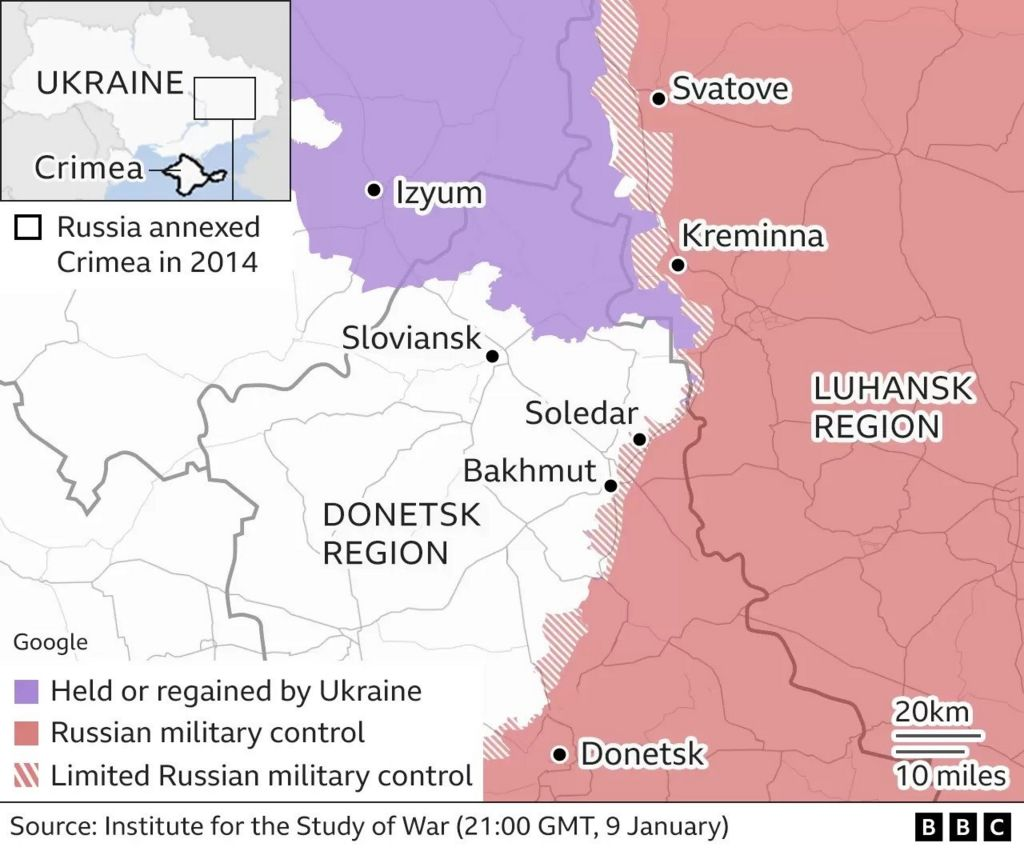


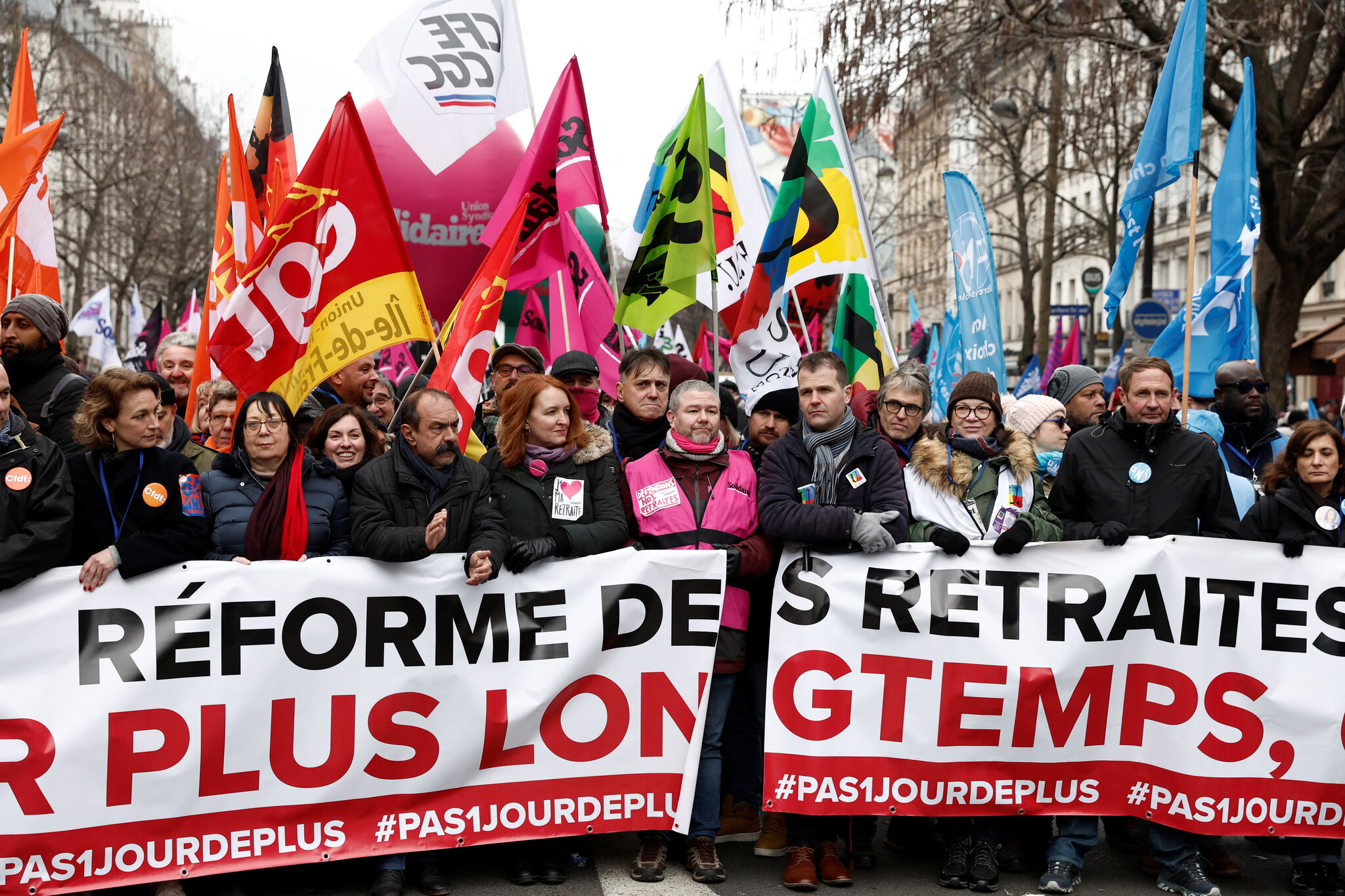
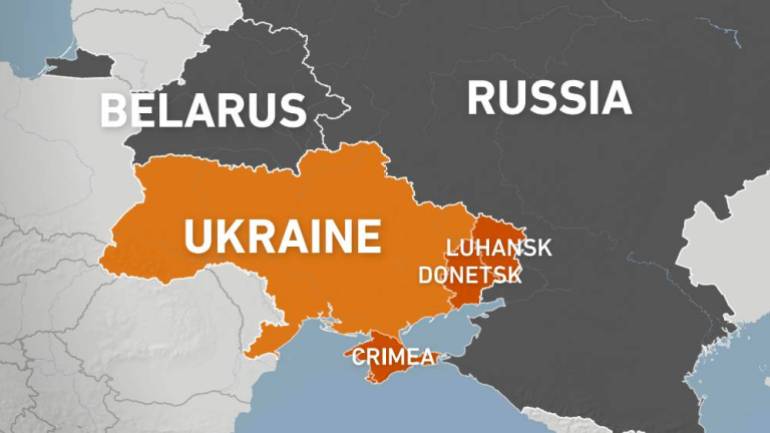
Comments